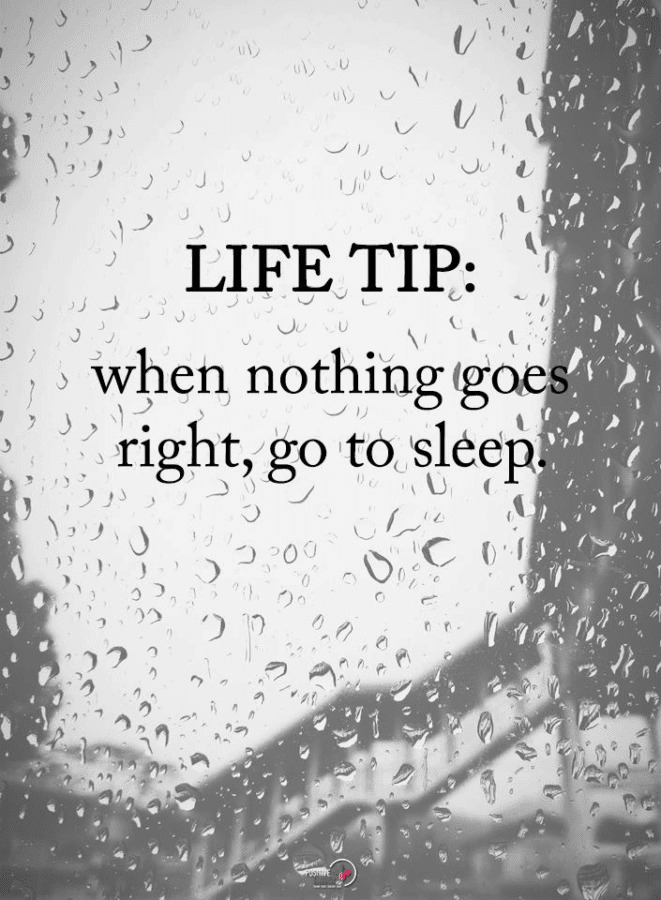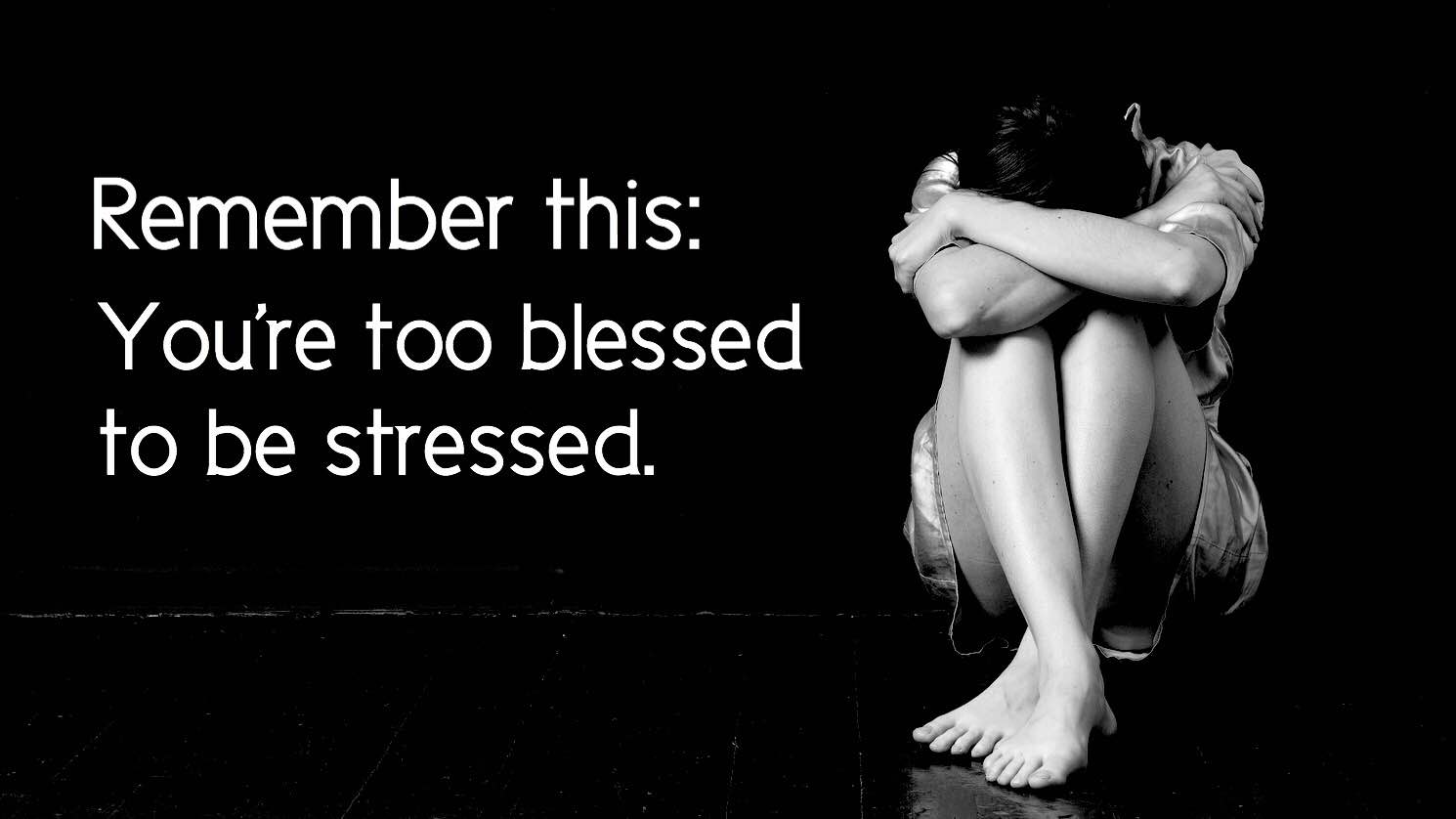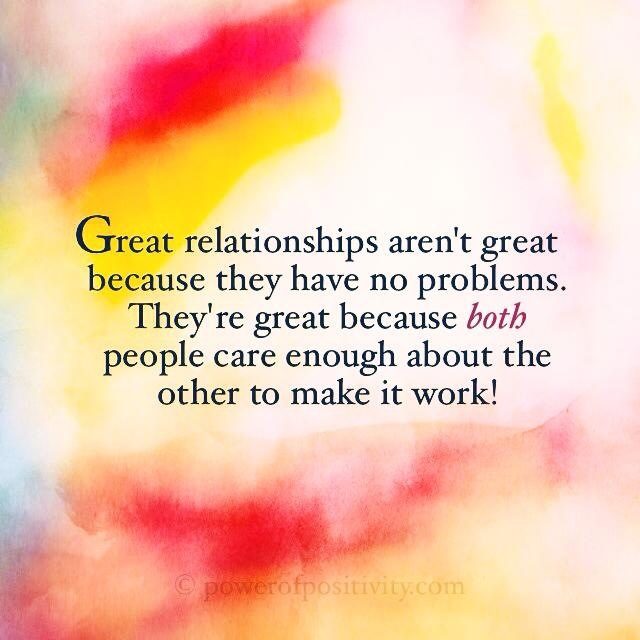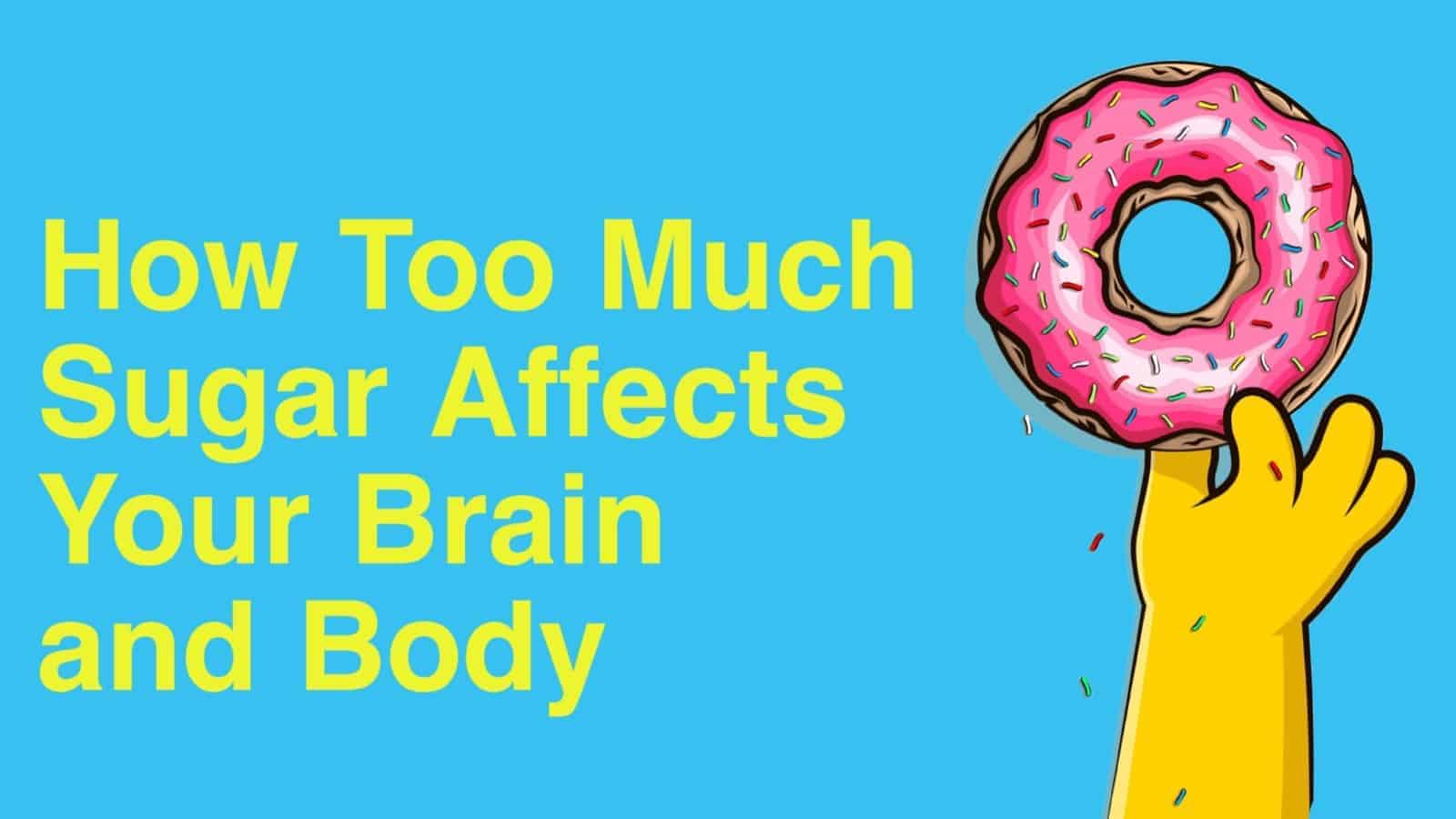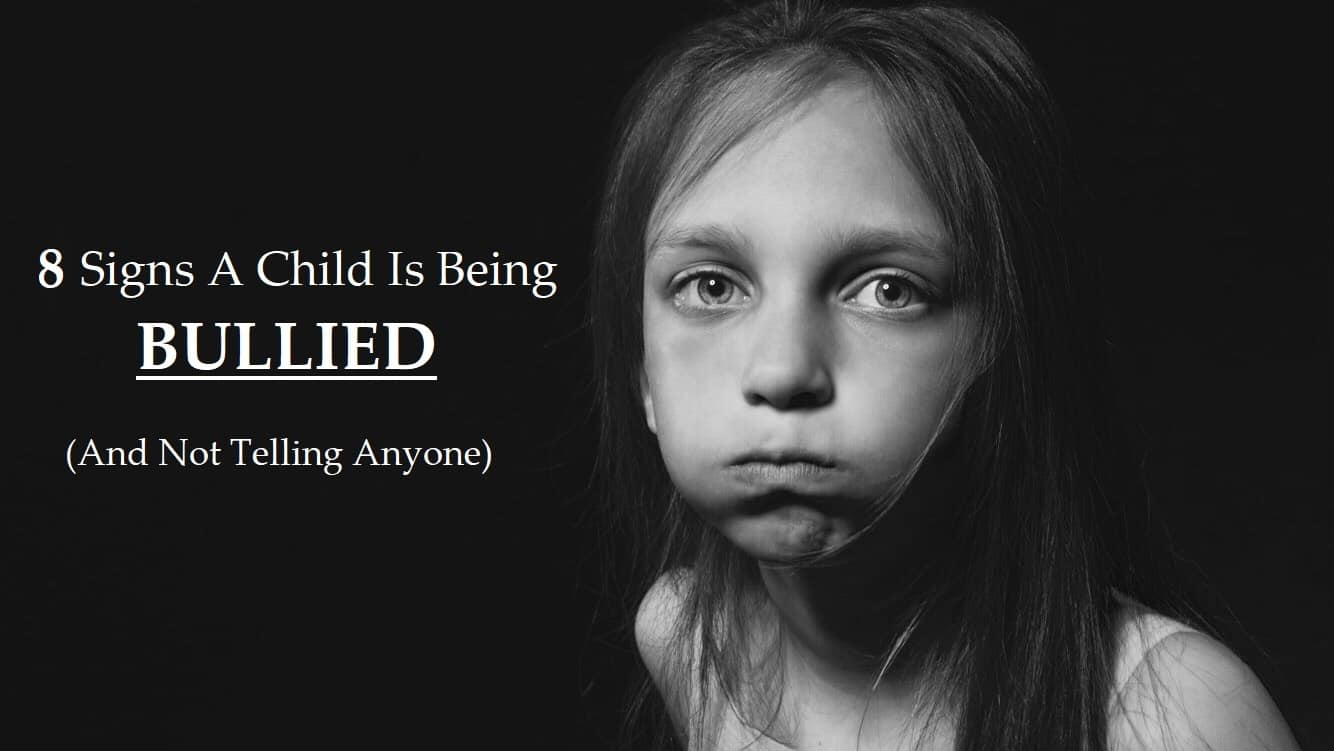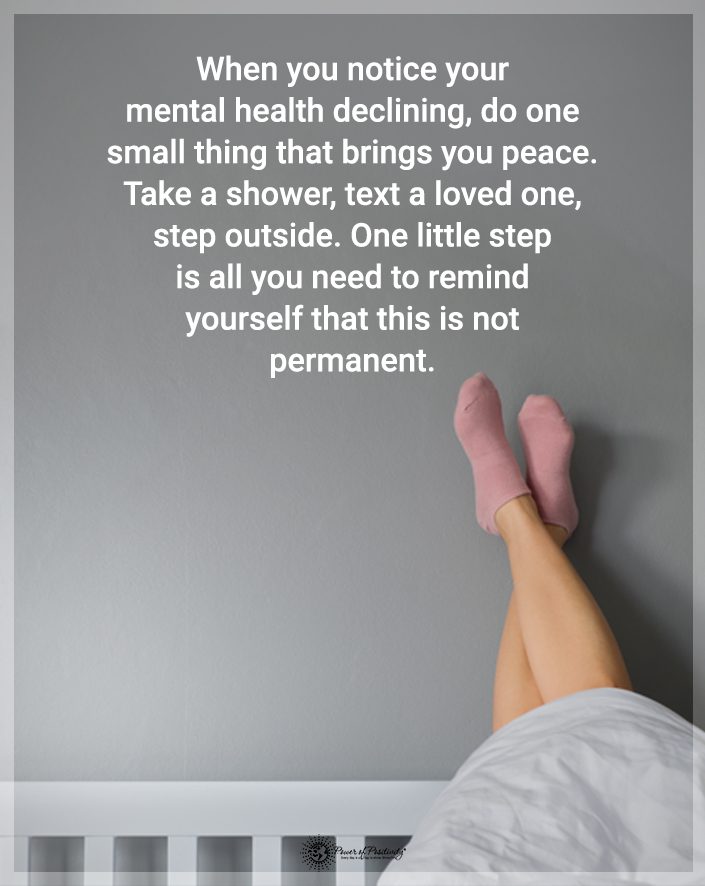“More than 85 percent of mammalian species are polyphasic sleepers, meaning that they sleep for short periods throughout the day.” ~ National Sleep Foundation. For the most part, our average day is divided into two periods: wake and sleep. As the quoted statistic shows, 85 percent of all mammals – humans belong to this group – take a nap every day. In other words, we’re the odd ones out.
Besides isolating ourselves from most of our mammal friends, humans are perhaps the only species that doesn’t get enough sleep: about 40 percent of us do not get the recommended 7 hours per night. While napping – brief periods of rest not exceeding 90 minutes – cannot correct our sleep deficit; it can certainly improve our efficiency, health and well-being, and mood.
Healthy Napping
You may not know that they’re actually divided into three categories: emergency, habitual, and preparatory.
Habitual napping, that is, the practice of taking a nap at the same time each day, is the healthiest option. They must be planned before sleepiness sets in (prepatory) are good for someone who knows they will go an extended period without sleep. Emergency napping – or suddenly falling asleep from exhaustion – is in no way healthy, as we’ve seen from work-related disasters.
The National Sleep Foundation (NSF) recommends taking 20-30 minute naps for a boost in alertness and performance. Any period of sleep lasting between 30 to 60 minutes may cause sleep inertia or a groggy feeling post-wakeup. In any case, a nap lasting between 20 to 60 minutes is mostly beneficial.
The Benefits of Napping
1. You’re happier
Science suggests that people who take a mid-day nap of 30 minutes or less enjoy an afternoon “happy boost” more often than those who sleep longer than 30 minutes, or who don’t nap at all.
2. You can beat the slump
Our circadian cycle feels a “slump” around 3 p.m. – an evolutionary hiccup. However, according to Harvard University, napping is an efficient way to bust this slump. (Yes, it’s even better than caffeine!)
3. You make fewer mistakes
According to the NSF, napping improves work performance, reduces mistakes, and avoids accidents.
4. You’ll perform better
In a study conducted by NASA, pilots and astronauts who took a 40-minute nap experienced a sizable improvement in their performance and alertness: 34 percent and 100 percent, respectively.
5. You get a memory boost
College students, pay attention. Researchers at Saarland University in Germany found that taking a nap for 45-60 minutes improved their memory 500 percent. Get to your rack!
6. You’re more creative
Napping is not a mindless activity. In fact, research shows that the right side of the brain – where creativity and “whole picture thinking” takes place – is actively communicating with itself. (Napping has led to numerous creative insights throughout history. See: Henry Ford, Thomas Edison.)
7. You’re more heart healthy
Per a joint research study done by the Harvard School of Public Health and the University of Athens Medical School (Greece), people who nap for 30 minutes or more, at least three times per week, had a 37 percent lower risk of dying from heart disease.
8. You’ll eat less junk food
According to a study by UC Berkeley, a lack of sleep impairs the brain’s prefrontal cortex, or PFC, which is responsible for decision making and withstanding impulse. Clearly, any PFC impairment is no bueno for resisting temptations – including junk food.
9. You feel fuller
When asleep, the body produces less of the “hunger hormone,” ghrelin. Contrastly, a different study demonstrates a link between poor sleep patterns, excess levels of ghrelin, and higher rates of obesity. Researchers suggest that regular napping can increase satiety, or feelings of fullness.
10. You’ll bicker less
Have you ever seen the “You’re not you when you’re hungry” Snicker’s commercials? They’re pretty darned funny – and just happen to be true. People who have poor sleeping patterns tend to argue more than those who sleep and nap regularly.
11. You decrease risk of injury
Per the Centers for Disease Control and Prevention (CDC) and the National Highway Traffic Safety Administration (NHTSA), people are more likely to suffer a catastrophic industrial, motor vehicle, or medical incident if sleep-deprived. Just a 30-minute snooze can quite possibly save your life.
12. You’re more productive
Cornell University psychologist James Mass coined the term “power nap” –a practice that more businesses are embracing. Why? Because the data show that naps result in enhanced productivity and performance.
13. You defend against burnout
Per the National Institutes of Health (NIH), a quick snooze helps counteract information overload and mental burnout. NIH also discovered a direct link between snoozing and enhanced cognitive performance.
14. You’re helping your workplace
Nike and Deloitte Consulting reward employees for adding a mid-day snooze to their to-do lists. Nike, Deloitte, and others recognize that today’s employees, while working more, are getting less sleep. “Powering through” work by forgoing rest and working longer hours “isn’t good for the individual or the organization,” says UNC behavior professor Michael Christian.
15. You have better judgment
Your frontal lobe is in charge of all things related to decision-making. Lack of sleep negatively affects impulse control, which may lead to worse decisions than if one were fully rested. A 30-minute to 60-minute nap can hand us back the reins.

